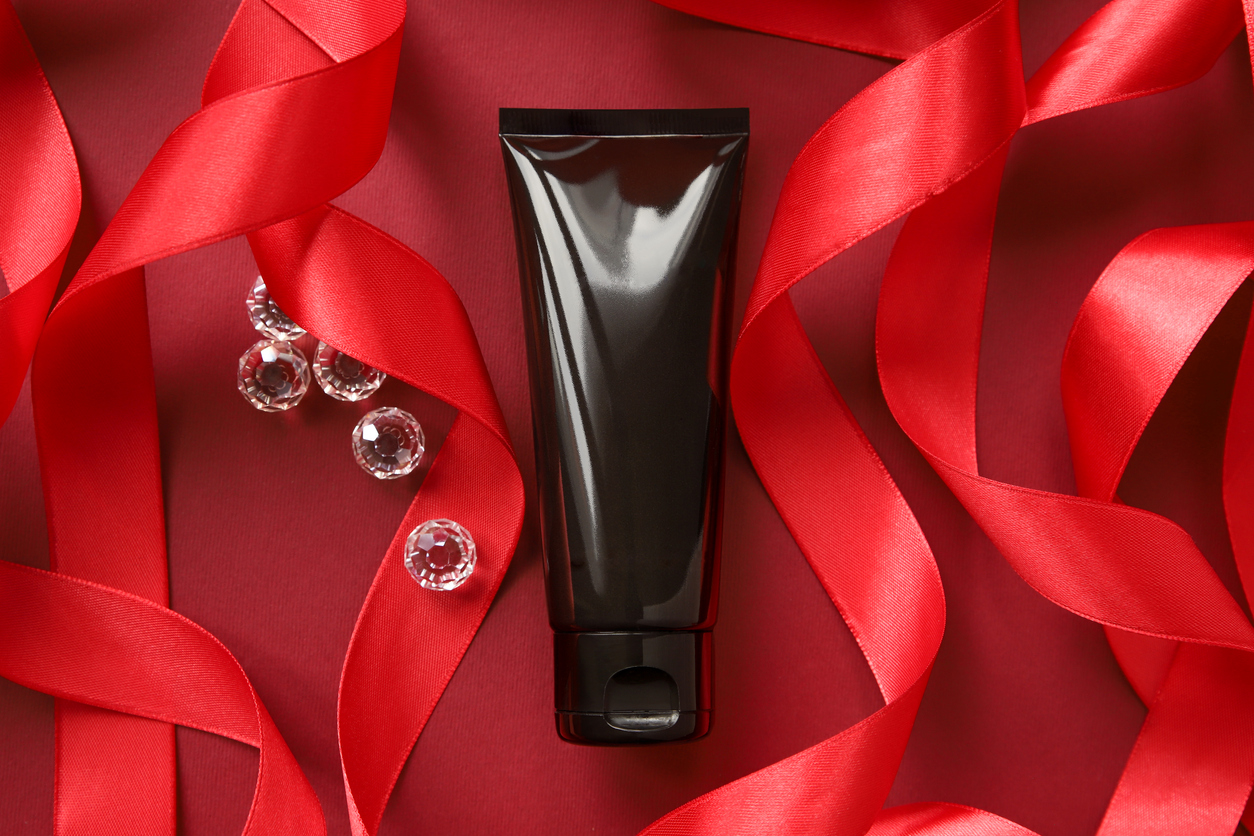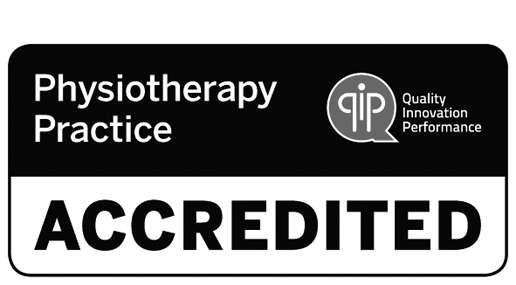
Lube-Ology: The Science of Personal Lubricants
As pelvic health physiotherapists treating people with sexual pain and supporting them to improve their sexual health, we are often asked what lubricants we use for examinations and what we recommend for personal use.
Lubricants can help to:
- Increase pleasure
- Reduce dryness, discomfort, friction and irritation
- Make sex barriers eg condoms more effective
- Improve vaginal lubrication for those who are postmenopausal, breastfeeding or have had chemotherapy or pelvic radiation therapy
- Improve comfort with sex toys
- Increase sexual confidence
Did you know that not all lubricants are created equal?!
We invited Tori Wood, a qualified sexologist from our favourite sensuality shop, Passionfruit, to help us explain the science of personal lubricants and understand what lubricant might be the best choice for you.
Lubricants Can Be Lifechanging
A great lubricant is often referred to ‘your first sex toy’, this simple bedroom addition can literally transform your sexual landscape. An appropriate and effective lubricant can lead to significant sexual health benefits and boost your sex life more than any other single product alone.
Studies have shown that quality lubricants can drastically reduce feelings of irritation, dryness and pain, add to the pleasure of sexual activity and provide psychological support; positively impacting relationships and health.
Unfortunately, lubricant is often considered a medical ‘need’, associated with sexual dysfunction and the, sometimes shameful, misconception that reduced lubrication is a direct reflection of poor arousal and desire. In fact, arousal is not directly correlated with natural lubrication, which you can read more about in the WMHP article “My Vagina Is Broken”
As a retail category, lubricant is misunderstood and under-represented. At present, lubricant is only available in supermarkets, pharmacies and adult stores, and not in boutique and high-end cosmetic stores. This has led to stigma around the purchasing of lubricants - it is more acceptable and sexier to buy anti-wrinkle cream than it is to buy lubricants! We lubricate our bodies every day when we apply moisturiser, so why should our genitals miss out?
There Are Different Types Of Lubricants
- Silicone based - man made materials, no preservatives, non-absorbent, doesn’t interfere with vaginal pH, hypoallergenic and low irritation. Can’t be used with silicone toys.
- Oil based – may interfere with the body’s good bacteria, so not ideal for patients prone to bacterial or yeast infections. Cannot be used with silicone toys or sex barriers.
- Water based – made from organic, plant based or man-made materials that can moisturise, are absorbent, toy friendly and work with the body to support lubrication. Can be difficult to find the right one as there are many different formulas and ingredients that can impact vaginal pH and osmolality (more on this later). Feels natural and easy to clean up after.
- Hybrid – a mixture of water based and silicone lubricants. Can be a great alternative for someone who needs extra lubrication with trainers and medical grade toys. Easy to clean and feels silky to touch. Considerations regarding water-based materials, pH and irritants still apply.
The decision regarding which type of lubricant is right for you will depend on multiple factors and on your individual needs.
Buyer Beware: Some Lubricants Can Be Harmful
The walls of the rectum and vagina contain cells that form a basic but important function. They help keep the area moist and prevent dirt and bacteria from entering the body. Poor quality lubricants can damage these cells, allowing pathogens to enter the body more readily, increasing the likelihood of infection and disease. This was reinforced by a 2012 study published by the US National Library of Medicine and the National Institutes of Health, which concluded that lubricant products can contribute to the weakening of the body’s normal defence mechanism, which may increase vulnerability to sexually transmitted infections (STI’s).
There is a lack of regulation in female intimate products, including tampons, sex toys and lubricants. While there is a plethora of lubricants on the market, many adding to the pleasure of sex, many may not be body safe and are largely untested and unregulated. There are still plenty of products that don’t even display their ingredients on the packaging! This oversight is concerning because these products are inserted into the vagina and/or rectum and their toxicity can be absorbed into the bloodstream.
Supermarket lubricants should be purchased with caution, as many of them contain the same ingredients found in hair sprays and mouthwash! Most of them also contain parabens and glycerin, which can lead to a higher susceptibility to thrush, while upsetting the delicate balance of the vaginal pH.
When choosing a personal lubricant, look at the ingredients which will give you some clues into whether it is a safe product or not. Avoid parabens, glycerin, propylene glycol, spermicides, petroleum oil and chlorhexidine gluconate. Anything that claims to be antibacterial or anti-inflammatory should also be avoided. Vaginas have a lovely ecosystem that needs to be maintained. Be careful with any potential sensitivities or allergies eg preservatives, fragrances or extracts.
Osmolality Matters In Water Based Lubricants
Osmolality is the concentration of dissolved particles per unit of water within a solution or within cells. Vaginal cells are composed of fluid and are constantly attempting to maintain a balance of osmolality. When another fluid is introduced eg a lubricant, their osmolality’s combine which causes water to be drawn in or out of the vaginal cells, which can lead to the cells becoming damaged.
Types Of Osmolality
Hyper - If the osmolality of the lubricant is hyper (higher), water will move out of the vaginal tissue into the lubricant, therefore drying out the vaginal lining.
Hypo - If the osmolality of the lubricant is hypo (lower), the vaginal cells absorb water which can reduce the cells natural ability to create moisture, possibly leading to damage to the cells in the vaginal walls. Damaged cells don’t always repair themselves, creating temporary vulnerability to infection or transferral of an STI.
Iso- These should be the gold standard as these lubricants match the vaginal walls normal moisture levels. They absorb at a natural balance rate and have no negative impact on the cells.
The osmolality of vaginal secretions is measured at 260-290 mOsm/kg and human semen has an osmolality of between 350-380 mOsm/kg. Finding a lubricant as close to 350—380mOsm/kg is ideal for healthy working support of the vaginal tissues. Unfortunately, the osmolality ratings of lubricants are not always available.
pH Matters In Water Based Lubricants
pH is the measure of the acidity or alkalinity of a solution. The vaginal pH is mildly acidic, around 3.8-5. The pH represents the vagina’s line of defence against sperm and bacterial infection. An imbalance of vaginal pH can lead to vaginitis, bacterial vaginosis (BV) and yeast infection. Choosing a lubricant that has a pH similar to the vagina is ideal, as a mismatch can prevent these conditions occurring and can also prevent itching and burning sensations. An increasing number of water based and hybrid lubricants are testing and sharing the pH.
What Are You Waiting For?
If you have genital and vulval symptoms such as pain, irritation, burning or itching especially during or following sex it is important to first consult a Medical Practitioner. Using lubricant is often recommended as part of the management plan but there is never a “one size fits all” product. Decide what type suits your individual needs, do your research and always check ingredients. Avoid supermarket varieties and invest in a quality product such as those available from speciality shops like Passionfruit.
Great lubricant maximises sexual pleasure, heightens sensation, can help to reduce pain and discomfort and creates so much slippery fun. It’s the simplest, cheapest and sexiest product you can buy. We hope this article inspires you to be curious and experiment because when you find a lubricant you absolutely love- it can be quite life changing!
About the co-author
Tori Wood is a qualified sexologist (Curtin University) at Passionfruit the Sensuality Shop. With a background in teaching, Tori specialises in areas concerning sexual health, skin sensitivity issues in relation to lubricant, condoms, menopause, vaginismus, vulvodynia, erectile dysfunction and post-prostatectomy rehabilitation. She has delivered specialist presentations on lubricant, dilators and post-prostatectomy rehabilitation to medical professionals at Ovarian Cancer Australia and the Asia-Pacific Prostate Cancer Conference and aims to further support others in their sexual growth.
December 2023




